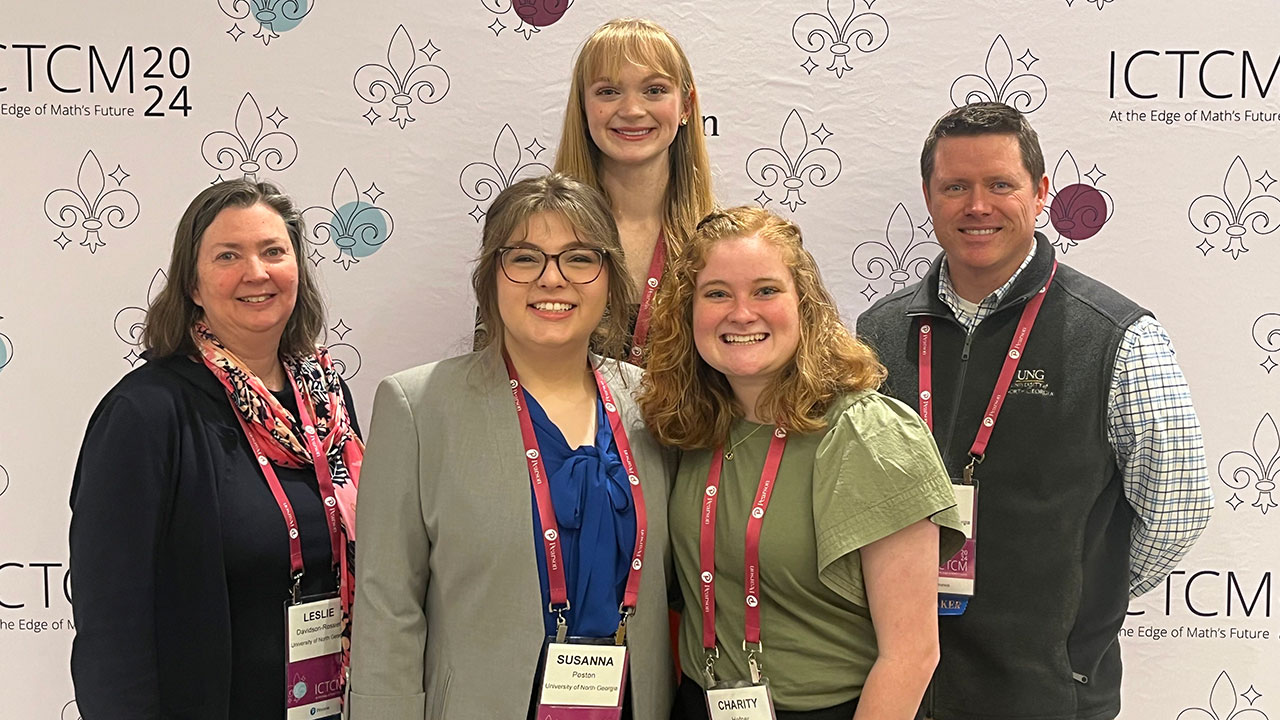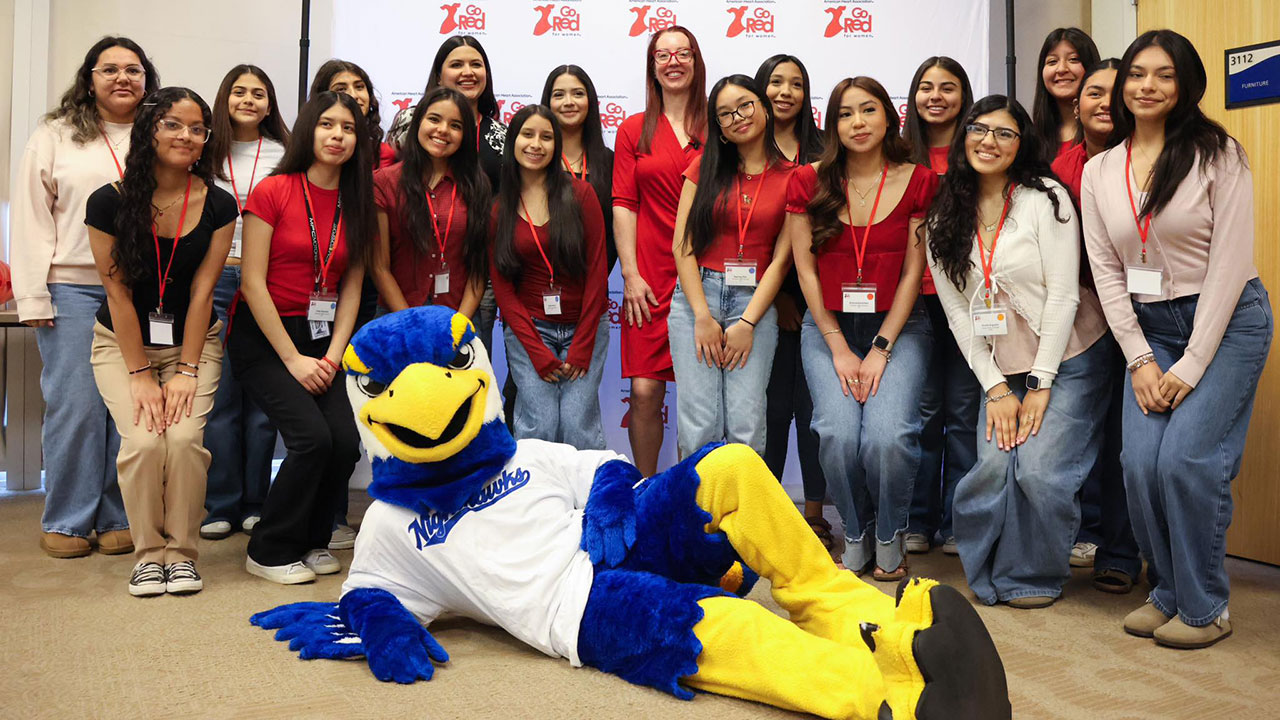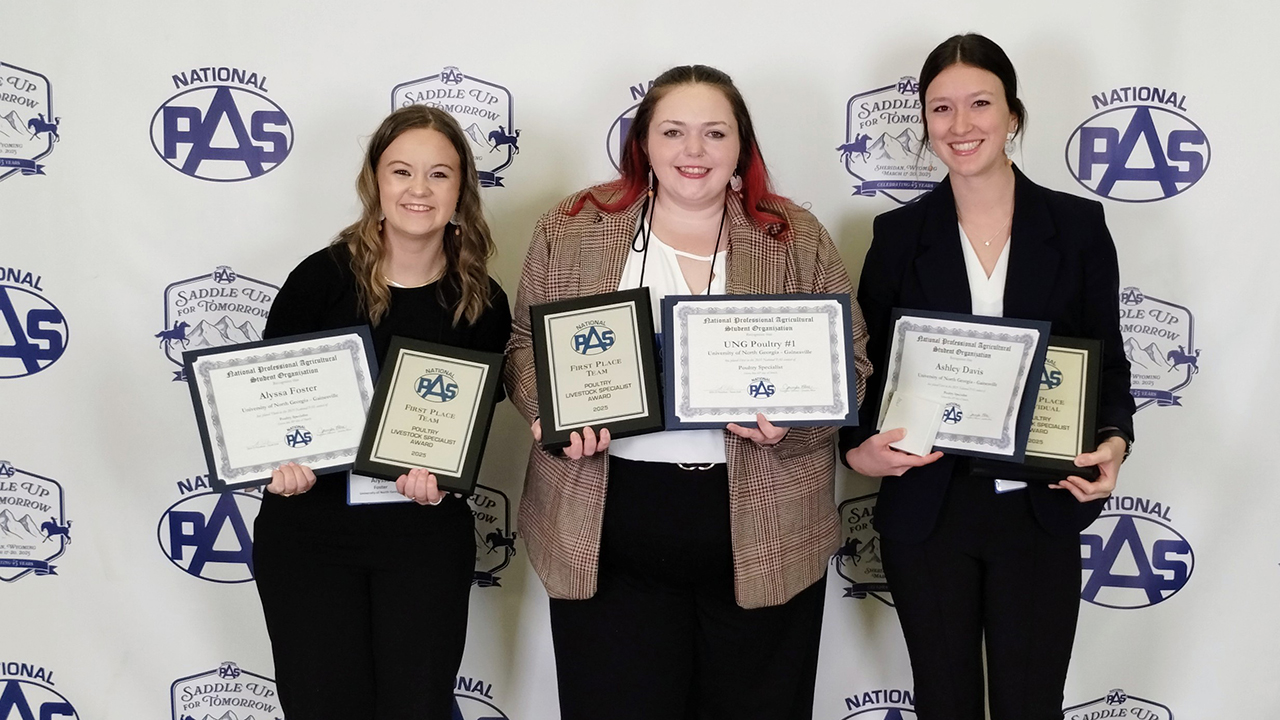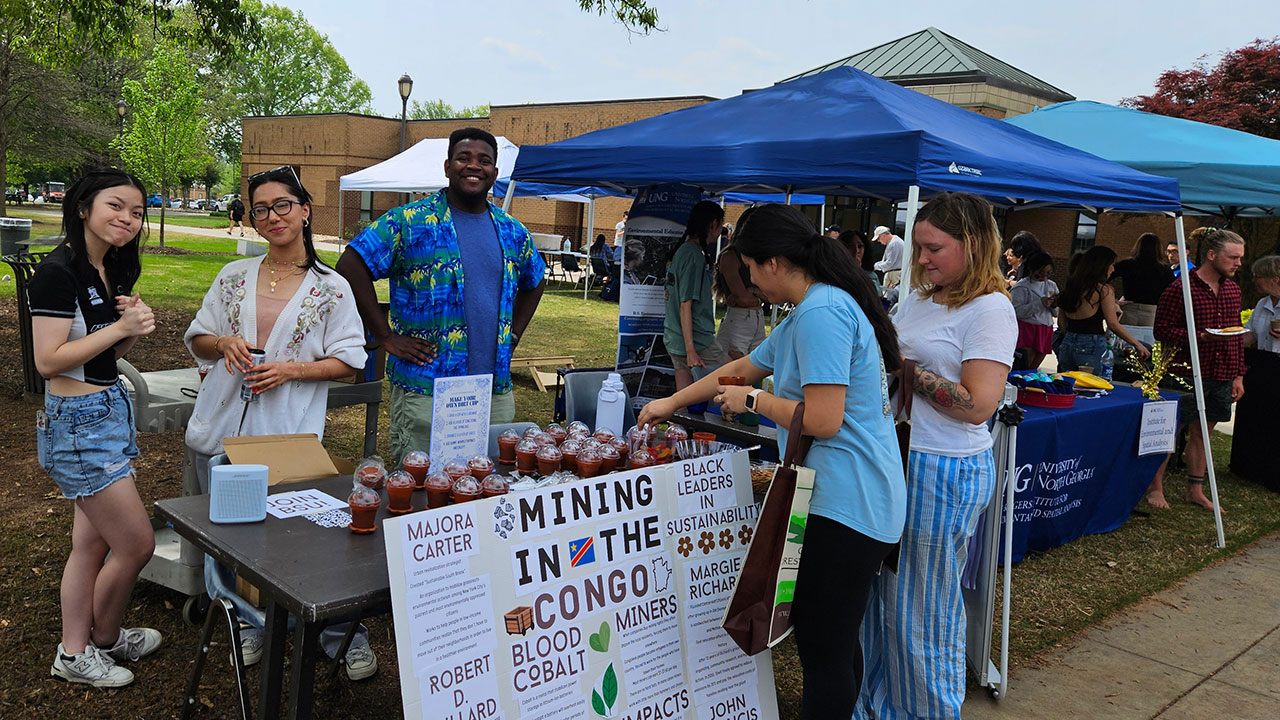Research to take faculty and students to Africa

Article By: Staff
Amboseli National Park in southern Kenya, Africa, will receive visitors from the University of North Georgia (UNG) this year thanks to a $394,000 grant from the National Science Foundation to support research on how primates adapt to changes in their environment.
Dr. David Patterson, a paleobiologist from UNG's Department of Biology, is the co-principal investigator of the project "Unlocking the hard tissue record of primate adaptability to environmental change," and will take students with him for several trips to the park.
"We encourage research at every level for our students, but to participate in a grant project of this magnitude from the National Science Foundation is a rare opportunity," said Dr. Mike Bodri, dean of UNG's College of Science & Mathematics. "Our students will collaborate with faculty and students from other universities, and may get a completely different approach to science than what they are accustomed to. This is the kind of experience that students point back to from their professional careers as catalysts that took them deeper into their research interests and chosen fields."
At Amboseli, Patterson and students will collect and study plants that savanna baboons eat. The research will also include skeletons of baboons that died from natural causes within the Amboseli ecosystem.
"We are trying to understand how social setting and diet can affect the long-term health of these animals," Patterson said. "Temperatures have risen in the region over the past few decades, and things such as drought and mass death events have occurred. Because this is a dynamic ecosystem, we want to know more about the relationship between environmental change and baboon ecology. By focusing on the nature of these ecosystem changes and how they relate to the bone and dental characteristics of this population, this research will potentially provide a framework for interpreting similar patterns in the human fossil record of eastern Africa."
The project will be completed over the next three years in conjunction with the Amboseli Baboon Research Project, which merges two lines of research with groups that have long worked at Amboseli — a consortium between Princeton University, Duke University and University of Notre Dame. Some of the projects have been going on for more than 40 years.
"Because there is a tremendous amount of data already available regarding the Amboseli ecosystem, our students will help work with existing data to formulate questions before travelling to Kenya to gather primary data," Patterson said. "These data will also contribute to independent student projects that will undoubtedly lead to professional conference presentations or a published paper."
The funded proposal is a combined effort between Patterson, Principal Investigator Dr. Shannon McFarlin of George Washington University, Dr. Susan Alberts of Duke University, and Dr. Anna K. Behrensmeyer of the Smithsonian Institution's National Museum of Natural History.



